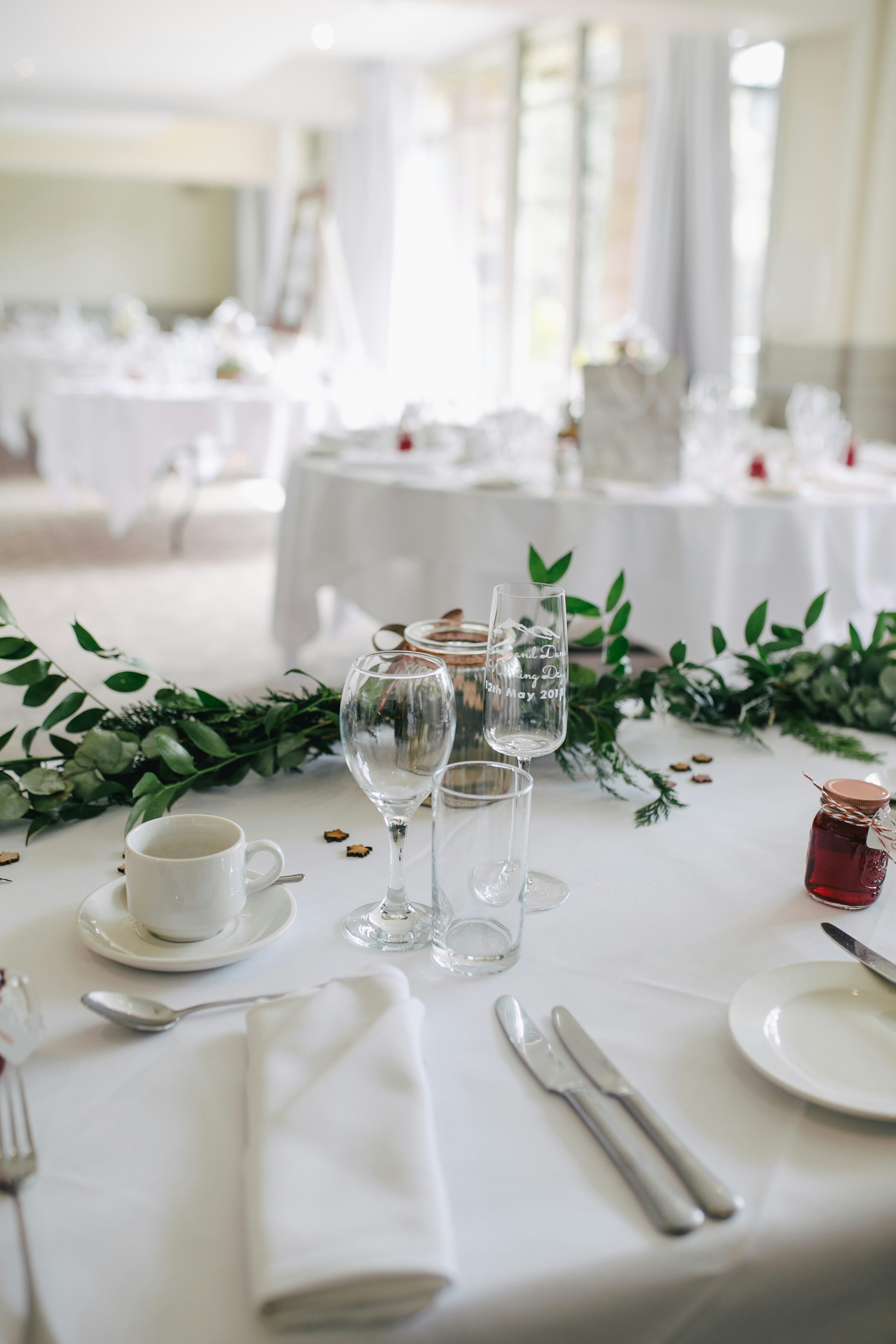Special occasions, such as weddings, can present a challenge to someone with a vestibular disorder; particularly if you are one of the central figures. A little planning can help take the stress from these occasions.
Below are a few tips but remember that people are affected in different ways: tinnitus, vertigo, balance problems, deafness, sensitivity to noise or a mixture of these, so not all of these tips may apply to you.
Get to know the venue
 If possible, visit the venue (e.g. church or hotel) well before the event. In a church the lighting and organ music can be a challenge to some so, if possible, attend a few services beforehand. Sit at the back to start with and gradually move forward as you become more accustomed. On the day of your event you can feel confident that you are familiar with the venue. The same applies to hotel venues. Large rooms or long corridors with busy carpet patterns and strange lighting can be a challenge, so an advance visit can be helpful. Explain your problem to the manager and ask to see the actual room. Spend some time in there and take a look around to find quiet rooms or places outside where you can go to be quieter. If you know the quiet areas you can take regular short breaks during the event.
If possible, visit the venue (e.g. church or hotel) well before the event. In a church the lighting and organ music can be a challenge to some so, if possible, attend a few services beforehand. Sit at the back to start with and gradually move forward as you become more accustomed. On the day of your event you can feel confident that you are familiar with the venue. The same applies to hotel venues. Large rooms or long corridors with busy carpet patterns and strange lighting can be a challenge, so an advance visit can be helpful. Explain your problem to the manager and ask to see the actual room. Spend some time in there and take a look around to find quiet rooms or places outside where you can go to be quieter. If you know the quiet areas you can take regular short breaks during the event.
Medication and diet
On the day itself try to keep to the same times for any medication you take and do not take any medication that you have not taken previously. Keep some water handy so that you do not become dehydrated, particularly on summer days. For a summer wedding, if you are in the main bridal party, arrange for water to be in the wedding cars, in the church vestry, and available on arriving at the hotel to save having to carry a water bottle. Think about when meals will be available and, if there is likely to be a delay, perhaps put a cereal bar or even a few sweets in one of these locations or in your pocket to give you an energy boost. A lot of people with vertigo do not drink alcohol. If you are not sure how alcohol affects you and you want to drink a toast then try this out a little while beforehand.
Body and mind
People with balance problems often find one of the most difficult things is standing and talking to people in a noisy situation. Try to have someone nearby who understands your problem, stand facing most of the noise, on the edge of the group if possible. Space your feet wider apart and change your standing position regularly. If your occasion is a wedding and you are part of the receiving line, ask for a bar stool or small table and keep it close to you to rest on or just to lean on for some support. This leaves your hands free to greet your guests. Wear shoes that are comfortable and wear them around the house for a week or two so that you are used to them.
Avoid a long journey on the day. If possible stay at the venue or somewhere nearby on the evening before so that you are not tired from travelling before the occasion starts. Plan your week so that the day before and the day after the event are restful.
Learn when to say “no” and try to keep your part of the day simple by doing as much as possible in the days before. Talk to others that are closely involved so that they are aware of any problems you may have and keep within your comfort zone. Explain that you may need to take a break from time to time somewhere quieter so that they will be aware of this.
If you are to make a speech it is particularly helpful to see the room and also to find out if a microphone will be used and, if possible, have an opportunity to rehearse in this situation as the acoustics will be different.
If the occasion is likely to be emotional or stressful practice some of the breathing and relaxation techniques in the Ménière’s Society booklet Controlling Your Symptoms.